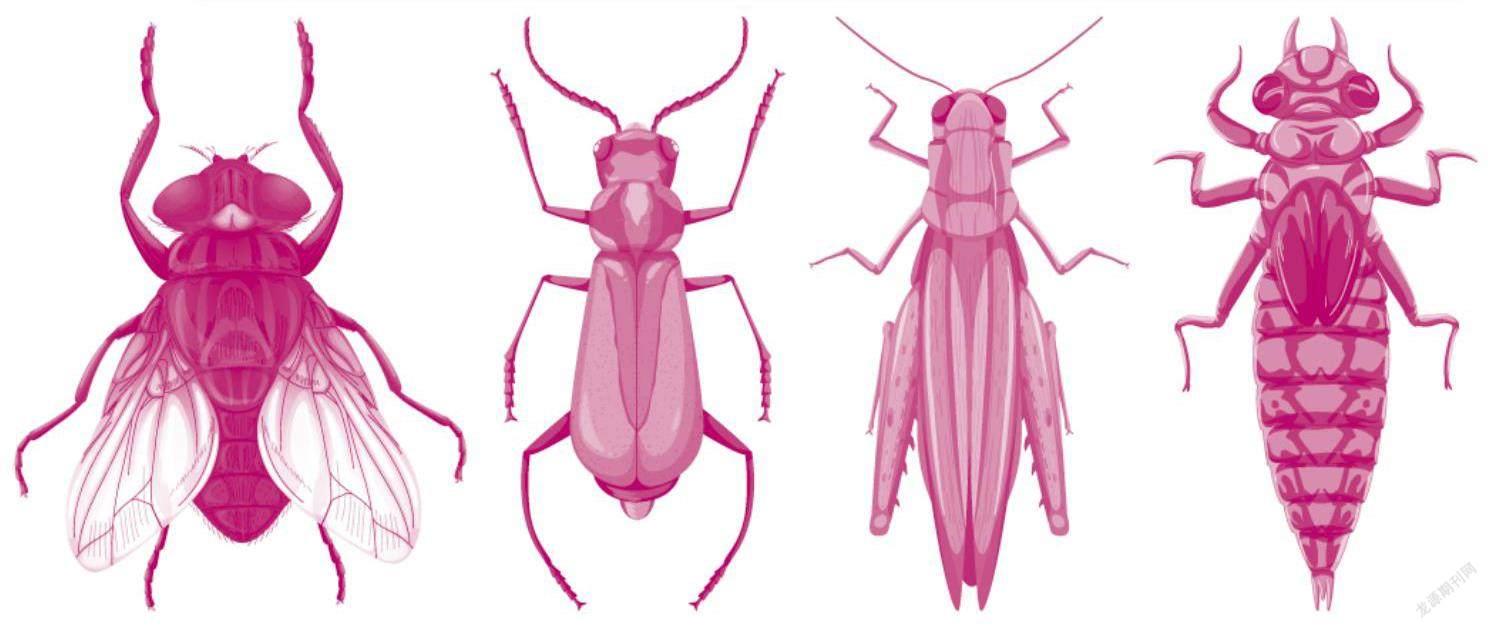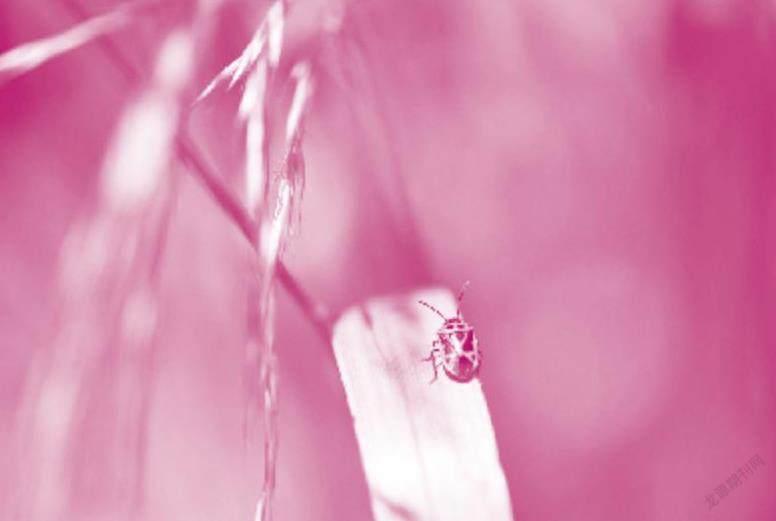Climate Change and Farming Driving Insect Decline气候变化和农耕导致昆虫数量剧减
2023-03-28



Insect numbers have plunged by half in some parts of the world due to climate change and intensive agriculture, a study has found.
The combined pressures of global heating and farming are driving a “substantial decline” of insects across the globe, according to UK researchers.
They say we must acknowledge the threats we pose to insects, before some species are lost forever.
Preserving habitat for nature could help ensure vital insects thrive.
Lead researcher, Dr Charlie Outhwaite of University College London (UCL), said losing insect populations could be harmful not only to the natural environment, but to “human health and food security, particularly with losses of pollinators”.
“Our findings highlight the urgency of actions to preserve natural habitats, slow the expansion of high-intensity agriculture, and cut emissions to mitigate climate change,” she added.
Plummeting populations of insects around the world—a so-called “insect apocalypse”—have caused widespread concern.
一项研究发现,受气候变化和集约化农业的影响,世界部分地区的昆虫数量已减半。
英国的研究人员发现,全球变暖和农耕的双重压力正导致全球各地的昆虫数量“剧减”。
研究人员表示,人类必须承认自己给昆虫造成的威胁,否则一些物种将会永远消失。
保护昆虫的自然栖息地能帮助一些重要的昆虫繁衍生息。
英国伦敦大学学院的首席研究员查莉·奥斯维特博士指出,昆虫数量减少不仅对自然环境有害,而且会危及“人类健康和食品安全,传粉昆虫数量减少对人类的危害尤其大”。
她补充道:“我们的发现凸显了采取措施保护自然栖息地、减缓高强度农业生产的扩张和减排以减缓气候变化的迫切性。”
世界各地昆虫数量剧减——所谓的“昆虫末日”——引发了普遍的担忧。
However, scientific data gives a mixed picture, with some types of insects showing drastic declines, while others are staying steady.
In the study, the researchers pulled together data on the range and number of nearly 20,000 insect species, including bees, ants, butterflies, grasshoppers and dragonflies, at about 6,000 different locations.
In areas with high-intensity agriculture and substantial warming, insect numbers have plunged by 49% and the number of different species by 27%, compared with relatively untouched places that have so far avoided the most severe impacts of climate change, according to the research, published in Nature.
But the researchers said there was some cause for hope in that setting aside areas of land for nature created a refuge for insects, which need shade to survive in hot weather.
“Careful management of agricultural areas, such as preserving natural habitats near farmland, may help to ensure that vital insects can still thrive,” said Dr Tim Newbold, also of UCL.
Study researcher, Peter McCann, added: “We need to acknowledge how important insects are for the environment as a whole, and for human health and wellbeing, in order to address the threats we pose to them before many species are lost forever.”
不過,科学数据反映的情况好坏参半,某些种类的昆虫数量急剧减少,而其他种类的昆虫数量却保持稳定。
在这项研究中,研究人员在约6 000个不同的地点收集了近两万种昆虫的活动范围和数量的数据,其中包括蜜蜂、蚂蚁、蝴蝶、蚱蜢和蜻蜓。
发表在《自然》杂志上的这篇研究报告指出,和气候变化影响最轻微、耕作相对较少的地区相比,在高强度农业生产为主和气候变暖显著的地区,昆虫数量减少了49%,昆虫种类减少了27%。
但是研究人员表示,那些自然的“保留地”给炎热天气下需要绿荫才能存活的昆虫营造了庇护所,给昆虫的生存提供了一线希望。
同样来自英国伦敦大学学院的蒂姆·纽博尔德博士表示:“农业区的精细化管理,比如保护农田附近的自然栖息地,或许有助于保证重要昆虫的存活。”
参与该研究的彼得·麦肯补充道:“我们需要承认昆虫对整体环境以及对人类健康和幸福的重要性,从而积极应对我们给昆虫造成的威胁,以免许多昆虫就此永远消失。”
Word Bank
plunge /pl?nd?/ v. 暴跌;骤降
preserve /pr?'z??v/ v. 保护
thrive /θra?v/ v. 茁壮成长
expansion /?k'sp?n?n/ n. 扩张;发展
refuge /'refju?d?/ n. 避难所
address /?'dres/ v. 处理;应对
